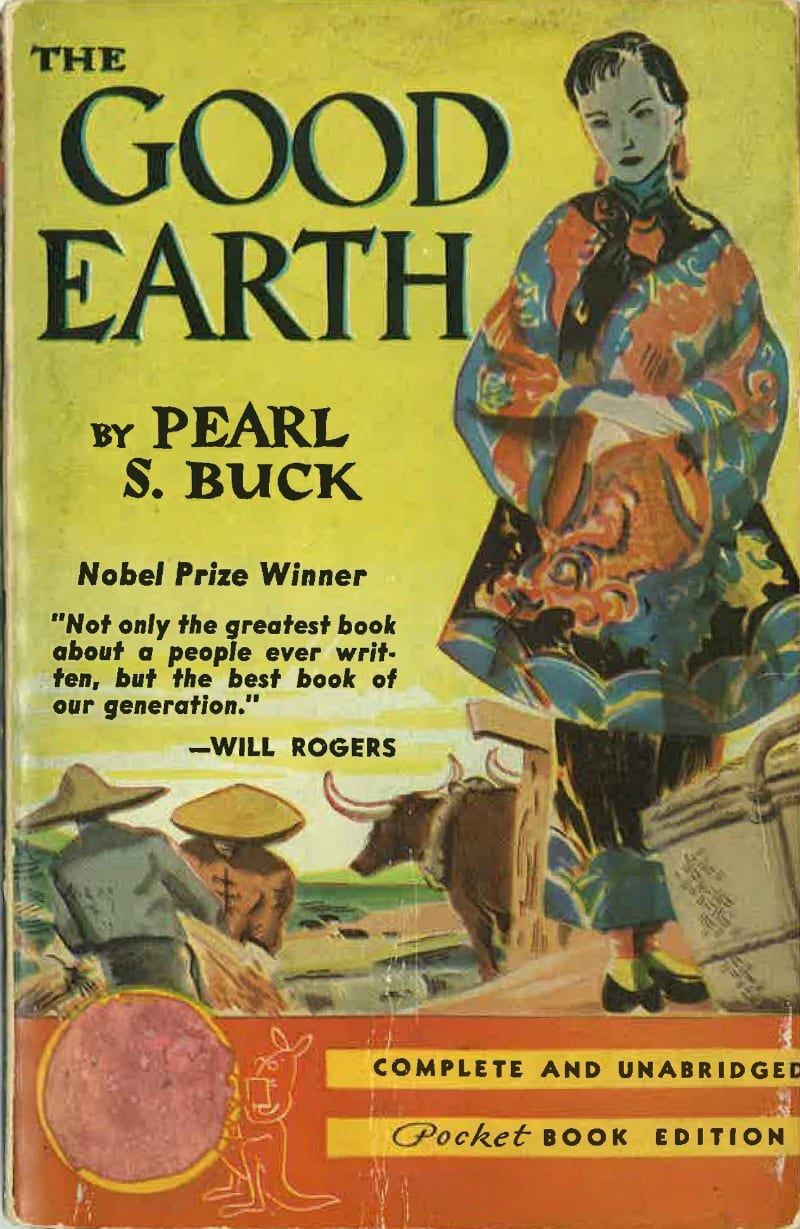
When he returns home, he finds that the peach trees and other trees are budding and the land is ready for planting. He buys good seed from the south, even seeds which he has never planted before - such seeds as celery, lotus, and "fragrant red beans." He is so pleased to be returning to his good earth that he pays more for an ox than he should have paid, but his sense of being once again close to his land allows him this extravagance. Although his sons assure him they will not sell the land that has bound their family together and brought success, they smile knowingly over their father’s head.With the money which Wang Lung opportunistically received, he immediately makes plans to return to his "good earth" as soon as possible. Perhaps the most telling moment occurs right at the end of the book as Wang Lung nears death. While Wang Lung raises sons who become successful in their own right, and daughters who are married off in lucrative transactions, this younger generation continues to make decisions just as their father has. He frequents a teahouse for prostitutes, eventually buying a concubine who moves into his house, further complicating already strained family relationships.


Meanwhile, with his marriage devoid of love and his newfound financial success, Wang Lung becomes restless and wants whatever his money may buy. The situation improves dramatically, though, as Wang Lung enjoys good crops and cobbles together an expanse of land, one small parcel at a time during prosperous years.


With themes of respect and care for elder members of the traditional Chinese household, the family grows exponentially as children are born and Wang Lung takes in his aging father, his uncle and the uncle’s family, straining already limited finances. Set in early 20th-century China, this is the story of Wang Lung, a working class farmer, his arranged marriage to O-Lan, and the trials they endure as years of drought devastate their family farm.


 0 kommentar(er)
0 kommentar(er)
